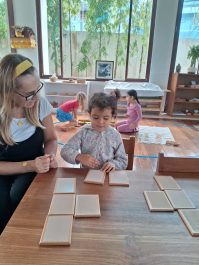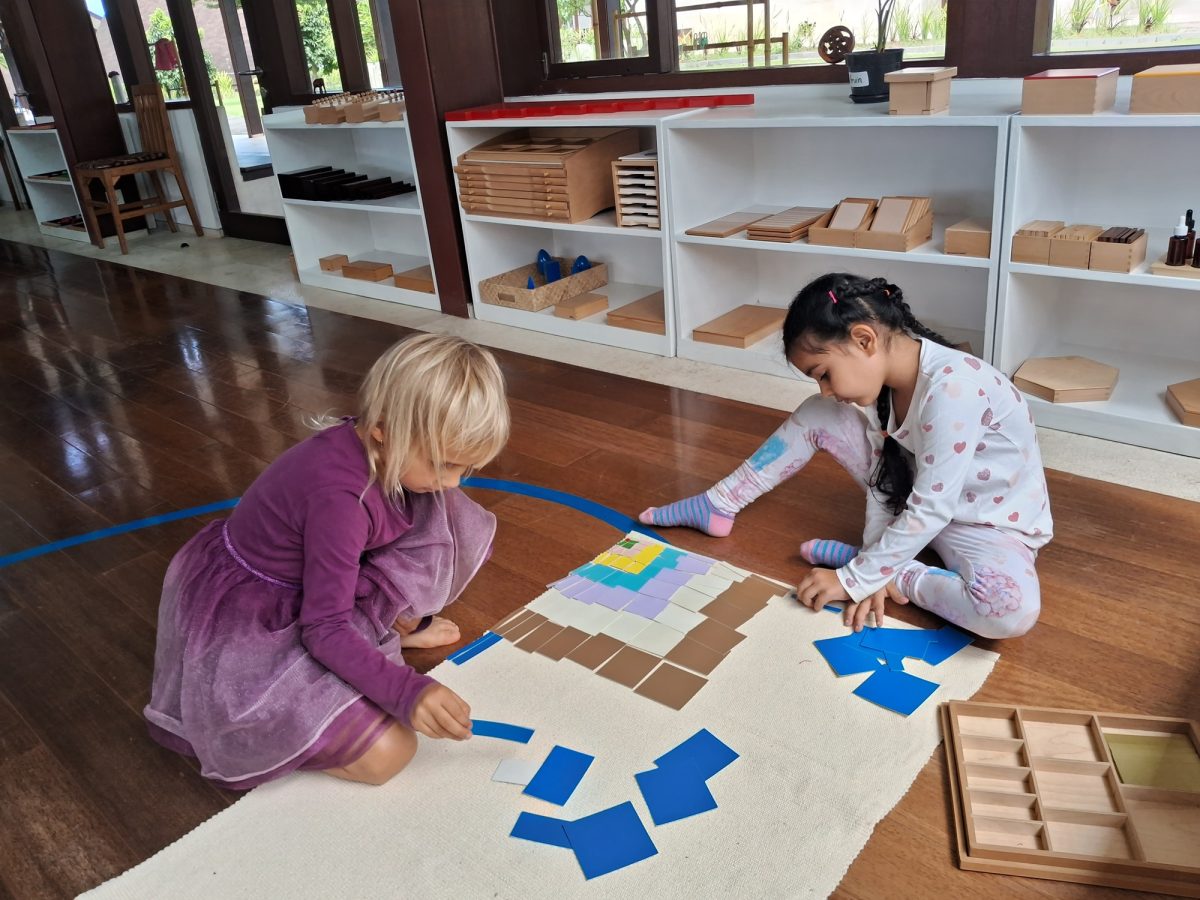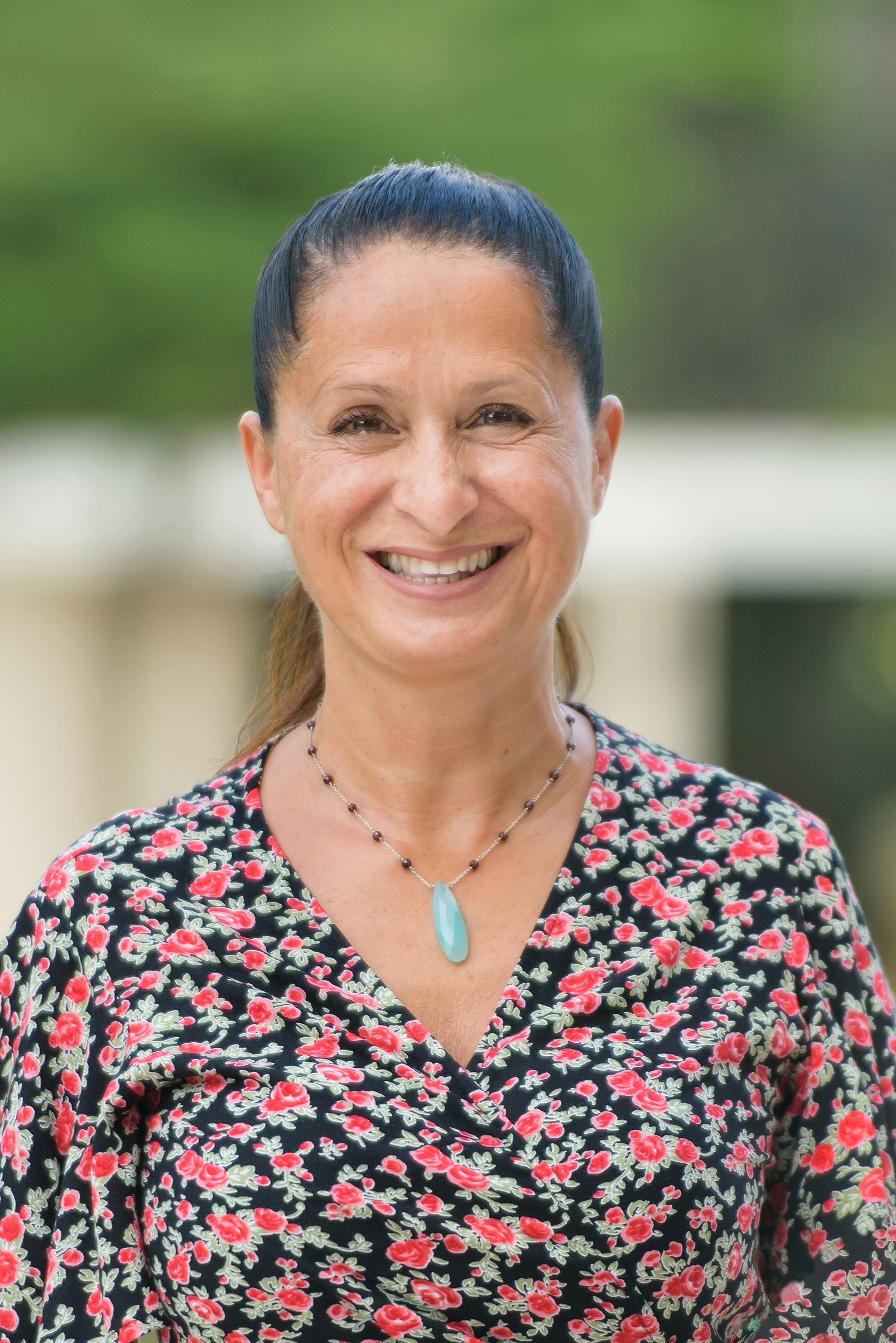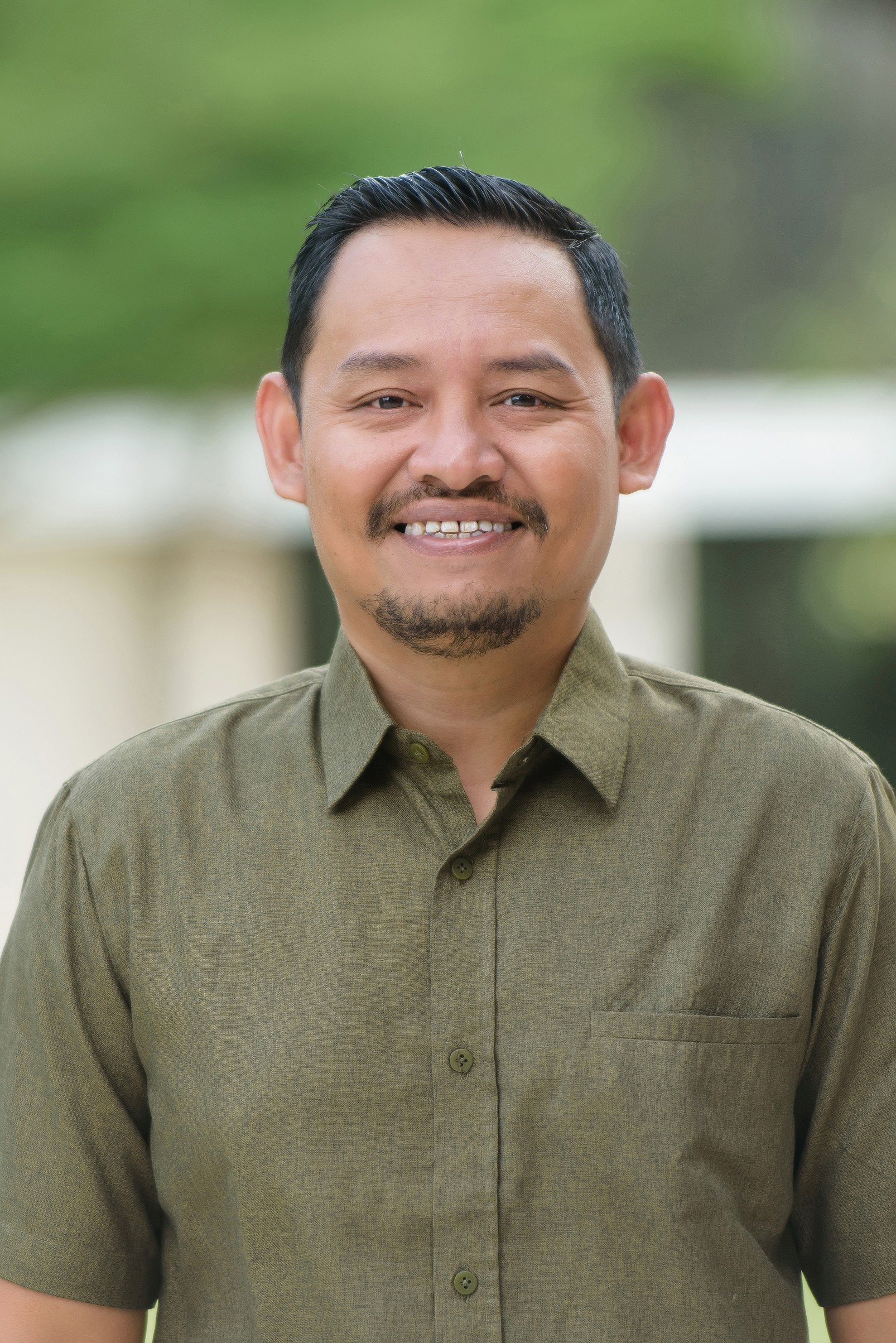In the Montessori method of learning, mistakes are viewed as an important part of the learning process. Children are people, and people make mistakes. The experience of childhood is filled with small errors like spilling water or dropping food. The Montessori approach cherishes children’s freedom to make – and correct – their own mistakes. This process is called “control of error,” and it is built into all Montessori work.
Instead of raising our voices or scolding a student who makes a mistake, Montessori teachers use these moments as lessons. They identify the mistake and then go about resolving it with the child. For instance, a teacher might say, “It looks like you spilled water on the floor. Let’s clean it up together. Do you remember where the mop is?”
Traditional education tends to reward perfection. This can lead to children being afraid to err, to raise their hand to share an answer, or even to try at all.
Montessori guides will even share their own mistakes to model the fact that even adults are not perfect, and to show that “messing up” can be a learning moment. In that our ultimate goal is always building independence in our students, we want the children to recognize their errors and then to go about fixing them on their own.
A young child who is learning to drink from a cup and tilts the cup back too far, spilling water on himself, will learn the mistake right away. There’s no need to point it out to the child; he can feel the water he spilled. Similarly, if a child mispronounces a word, the teacher will simply pronounce the word correctly. The child will hear her mistake and learn from the moment, without any need for calling out the error in a negative way.

None of us like messing up. Oftentimes it leaves us feeling inadequate, less than, frustrated or worse. But there is some evidence to suggest that making mistakes can offer benefits:
1. It’s how we learn
We’ve all heard the old saying ‘if at first you don’t succeed, try, try again…’. It turns out that trial and error really is a significant part of how our brains develop. Toddlers learning to walk, gymnasts perfecting a routine, or a baking contestant making the same cake 20 times in preparation for a competition, all require one thing – perseverance. In Montessori we repeat and repeat and repeat, hopefully, with improved ability slowly over time.
Psychologists have shown that in order to learn from our mistakes, it helps to have a ‘growth mindset’ – or a belief that intelligence is something we can work on and develop. In a study of 123 children, researchers at Michigan State observed that those who thought intelligence was not fixed paid more attention to their mistakes, and so learned more.
2. It can have unexpected positive consequences
Not all mistakes have a silver lining, but many do – errors made by inventors have led to even greater discoveries, including the microwave and the pacemaker.
In 1928, Scottish scientist Alexander Fleming discovered the antibiotic penicillin after a petri dish he had left out while on holiday became contaminated with the mould penicillium notatum. Since then, the infection-fighting drug has helped save millions of lives. And it happened accidentally!
3. It teaches us about who we are
Oscar Wilde wrote that “experience is the name everyone gives to their mistakes”, in other words, messing things up is a crucial part of learning about ourselves and our lives.
Sometimes it takes failing a big exam to find out how we deal with real disappointment. Knocking over a treasured family heirloom teaches us how to handle awkward and difficult conversations. Even if we didn’t “mean to do it” we are accountable and making the mistake opens the door for healing and restorative conversation.
4. It can free us up to pursue our goals
Theodore Roosevelt said, “The only man who never makes a mistake is the man who never does anything.” Accepting mistakes as a part of life can free us up to pursue our goals without limitation. Montessori teachers
5. It can help us clarify our priorities
In her 2008 speech to graduating students at Harvard University, author JK Rowling described how feeling that she had failed ‘on an epic scale’ in her mid-twenties – when her marriage broke down and she and her daughter were living in poverty – was what ultimately helped her succeed as a writer. She says: “I stopped pretending to myself that I was anything other than what I was, and began to direct all my energy into finishing the only work that mattered to me… I was set free, because my greatest fear had been realised, and I was still alive, and I still had a daughter whom I adored, and I had an old typewriter and a big idea.”
Understandably, we as parents want to protect our children from harm. But we also need to strike a balance between providing a protective shell and giving reins to our child. Being too protective can instil fear in a child, preventing them from experimenting and experiencing things. It can also hurt a child’s psychology so that they grow up fearing everything.

Let your child make mistakes. Let them be kids and allow them to learn at their own pace. From a parent’s perspective, this can be scary. However, we can’t shield our children from the realities of this world forever. Children need to comprehend how the world works through their own experiences. They will make mistakes along the way, but it shouldn’t lead to a panic attack. In their classrooms, they just course correct and move forward.


























